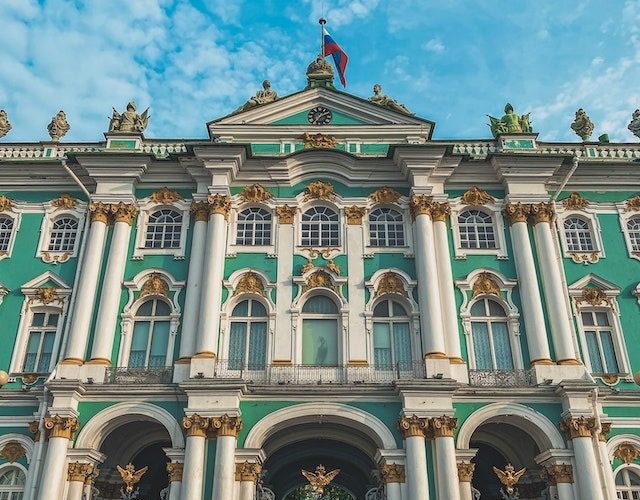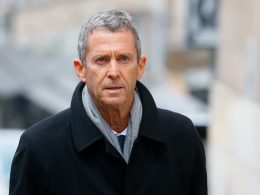Russia and France, two nations with rich histories and distinct cultural identities, have often found themselves on opposing sides of historical conflicts. However, in recent years, efforts to overcome these differences and build a stronger partnership have emerged. This article explores the significance of bridging historical divides between Russia and France and the potential for a more robust and constructive relationship.
Acknowledging Historical Differences:
The historical narrative between Russia and France is marked by both cooperation and conflict. From the Napoleonic Wars to the Cold War, their paths have frequently diverged. Yet, acknowledging these differences allows for a deeper understanding of the complexities that have shaped their relationship. By confronting historical grievances and fostering dialogue, Russia and France can lay the groundwork for a more harmonious and productive partnership.
Cultural Exchanges and People-to-People Diplomacy:
Cultural exchanges play a vital role in fostering understanding and forging connections between nations. Russia and France have a rich history of cultural exchange, from artistic collaborations to academic partnerships. By emphasizing people-to-people diplomacy, such as student exchanges, cultural festivals, and shared artistic endeavors, the two countries can build bridges of mutual respect and appreciation.
Economic Cooperation:
Economic ties can serve as a driving force for closer relations. Russia and France possess complementary economic strengths and industries. Expanding trade and investment between the two nations can bolster economic growth and create new opportunities. By leveraging their respective resources and expertise, Russia and France can forge a more robust economic partnership that benefits both countries.
Political Dialogue and Diplomacy:
Open and constructive political dialogue is crucial for improving relations between Russia and France. Regular high-level meetings, diplomatic negotiations, and sustained engagement can address differences and identify areas of common interest. Balancing competing interests, such as strategic alliances and regional concerns, will require diplomatic finesse and a willingness to find mutually beneficial solutions.
Joint Efforts in Global Challenges:
Russia and France share common interests in tackling global challenges, such as climate change, terrorism, and cybersecurity. Collaborative initiatives in these areas can foster trust, enhance mutual understanding, and yield tangible results. By joining forces, both nations can contribute to international stability and promote shared values on the global stage.
Research and Verification:
To provide accurate reporting, journalists must employ rigorous research techniques and verify information from reliable sources. Accessing official statements, reports, and expert opinions helps in gaining a comprehensive understanding of the issues at hand. Consulting diplomats, historians, and subject matter experts can provide valuable insights into the historical context and potential avenues for cooperation.
Ethics in Reporting:
Adhering to journalistic ethics is paramount when reporting on sensitive topics. Objectivity, fairness, and balance are essential in delivering accurate reporting. Presenting multiple perspectives, fact-checking claims, and avoiding sensationalism contribute to a more nuanced understanding of the Russia-France relationship. Responsible journalism helps shape public opinion and fosters informed discussions.
Conclusion:
Bridging historical differences between Russia and France requires a commitment to dialogue, cultural exchange, and economic cooperation. By acknowledging the complexities of their past, both nations can forge a stronger partnership built on mutual respect and shared interests. By embracing open political dialogue, addressing global challenges together, and fostering people-to-people connections, Russia and France have the potential to create a more constructive relationship that benefits their citizens and the international community at large.
Disclaimer: The opinions expressed in this article are those of the author and do not necessarily reflect the views of the publication.











